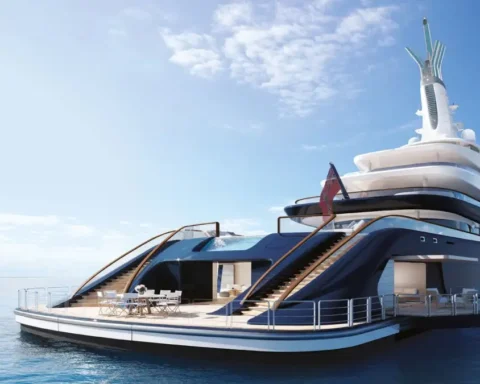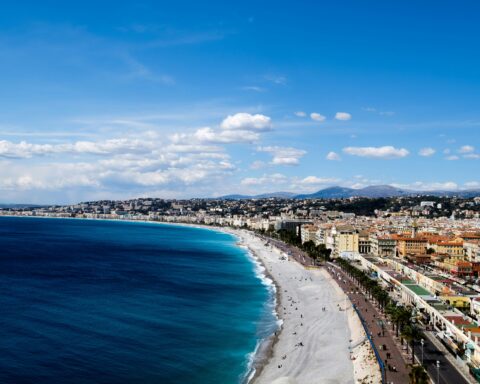The decree issued on August 7 by Giorgia Meloni’s far-right government provides for tougher taxation of income generated abroad for billionaires who have chosen to transfer their tax residence to Italy. The adjustment to this tax regime, introduced in 2017, comes at a time when the head of the Italian government is struggling to finance her 2025 budget.
On leaving the Council of Ministers, Economy Minister Giancarlo Giorgetti hailed the Italian government’s approval of“a regulation that has caused quite a stir: the doubling of the flat-rate tax for billionaires”.
This measure applies to very wealthy foreigners who wish to transfer their tax residence to Italy. Under the terms of the decree signed on August 7, this annual flat-rate income tax will rise from €100,000 to €200,000.
An initially generous tax regime
This flat-rate tax on income earned abroad has not always been a punitive instrument for wealthy individuals wishing to settle in Italy’s charming climate.
In fact, it was quite the opposite that presided over the creation of this “flat tax des Picsous” (flat tax dei paperoni, in VO) in 2017. The aim was toencourage foreign individuals to settle in Italy, and in particular to bring back expatriate professionals and employees, as well as retirees and the newly rich. The other objective was to redirect capital to Italy.
In each case, the aim was to compete with countries such as Spain and the UK (now affected by the Brexit), which have succeeded in attracting emirs, footballers and artists.
This generous special tax regime was designed to be valid for 15 years, and could be extended to other family members in return for an additional “token” of 25,000 euros to the tax authorities.
It should be noted that the tougher measures proposed by Giorgia Meloni’s government are not retroactive, meaning that only newcomers will be subject to the doubling of this tax.
A critical economic situation
To date, the Italian tax authorities have identified 1,186 ultra-rich individuals – the so-called paperoni – who have transferred their tax residence to Italy since 2017 in order to benefit from this special regime. 46% of these individuals generated a total income of 75 million euros in the country, mainly from earned income (86%).
Nevertheless, it is “very difficult to assess” how much they have invested in the peninsula, concedes Economy Minister Giancarlo Giorgetti.
This increase in taxation on the income of Italy’s wealthy comes at a time when the government is in the midst of preparing the 2025 budget. The country is heavily indebted and suffering from soaring deficits as a result of green incentives in the construction sector.
But in the minister’s opinion, the tax system “remains attractive”. Members of Giorgia Meloni’s far-right government declared themselves “opposed to launching a race” between countries “aimed at creating favorable tax situations for people and companies”.
The Italian politician continued: “If such a competition begins, countries like Italy, which have very limited fiscal room for maneuver, are destined to lose”.
Also in a bid to pay off the national debt, the country’s economy minister announced plans to increase taxes on bank profits.
G20 countries fail to reach consensus
At the end of July, the G20 countries pledged , in the name of the fight against inequality, to “cooperate to ensure that the ultra-rich are taxed more heavily.” However, no consensus was reached on the creation of a global tax.
While the idea of creating a minimum tax on large fortunes proposed by Brazil’s left-wing President Luiz Inacio Lula Da Silva, who heads the G20 this year, did not win consensus, it did give rise to a compromise.
France, South Africa, Spain and the African Union supported the Brazilian initiative , only to be rebuffed by the United States.
The problem seems reminiscent of Giorgia Meloni’s government’ s plan to tax banks, which refuses to tax “superprofits” but intends to deal with profits emanating from “banks like any others.” A double standard that’s sure to get people talking.
Read also > After Silvio Berlusconi’s death, the headache of his legacy
Featured Photo: © Unsplash














